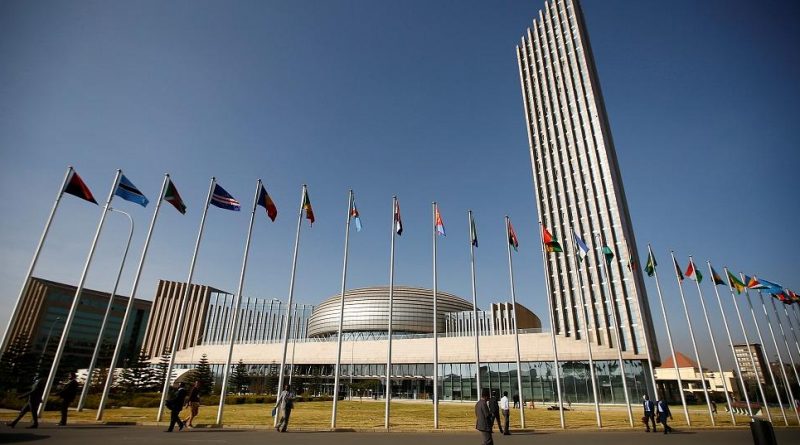|
Getting your Trinity Audio player ready...
|
The Zimbabwe Coalition on Debt and Development (ZIMCODD) underscored the need for investment in human capital in Africa for the continent to realise its developmental aspirations.
ZIMCODD made the assertion when it joined the rest of Africa and its diaspora in recognizing Africa Day, a celebration of our diversity, culture, and progress since the formation of the African Union in 1963.
“While the continent still faces multiple challenges in achieving the socioeconomic freedom of all its people, progress has been made. The 2024 theme, Educate an African Fit for the 21st Century: Building Resilient Education Systems for increased access to inclusive, lifelong, quality, and Relevant Learning in Africa is welcome and timely as it speaks to the need for investment in human capital, a foundational block for our continent. This is cognizant of the fact that Africa has the youngest population in the world with over 400 million young people between the ages of 15-35 years. That being said, our governments still face the demand for quality, meaningful, and inclusive education, the perfect springboard for growth,” the coalition said in a statement.
It said inclusion remains a key brick to unlocking Africa’s potential. While strides have been made for the inclusion of women and youth in governance and socioeconomic discourse, a lot more remains. These two blocks represent more than half of the population and hence demand meaningful representation in leadership positions and the workforce.
Africa remains the most vulnerable to Climate Change due to its reliance on rain-fed agriculture. Droughts and natural disasters have become more common, placing a demand on governments to improve the financing of climate change initiatives and develop innovative domestic resource generation.
Africa continues to face the twin problems of Corruption and Resource leakages. The effects of political patronage from leaders and illicit financial flows depreciate Africa’s potential for Domestic Resource Mobilization. As such, Africa is left to rely on borrowing to pursue its development agenda.
Africa’s borrowing has resultantly led to unsustainable Debt Burdens. This debt suffocates the nation’s ability to develop as locally generated value is lost to the repayment of mostly arrears and penalties. More concerning, most of it is odious debt for which contraction had no accountability or transparency. To note, against national and regional standards, Malawi’s debt has risen to 54% of GDP, Zambia’s to 70%, and Zimbabwe’s to 72%. A grave problem then for Southern Africa is rising debt.
“While all the challenges identified above are real and pressing, there is potential for growth. To note, the Africa Continental Free Trade Area (AfCFTA) creates a single continental market for African goods and services. AfCFTA should reduce costs of production and access to markets for local products, increasing value generation and collaboration across countries. The discovery of minerals such as Gas and Lithium also presents an opportunity for Africa’s growth. The demand, however, remains the improvement of our democracies, accountability, and transparency to ensure that these resources are utilized optimally. As we observe this Africa Day, we call on our governments to leverage the youth population and synergies such as AfCFTA, seek domestic resource mobilization, and most importantly, increase good governance, transparency, and accountability. Only then can the continent achieve its full potential!” ZIMCODD added.






